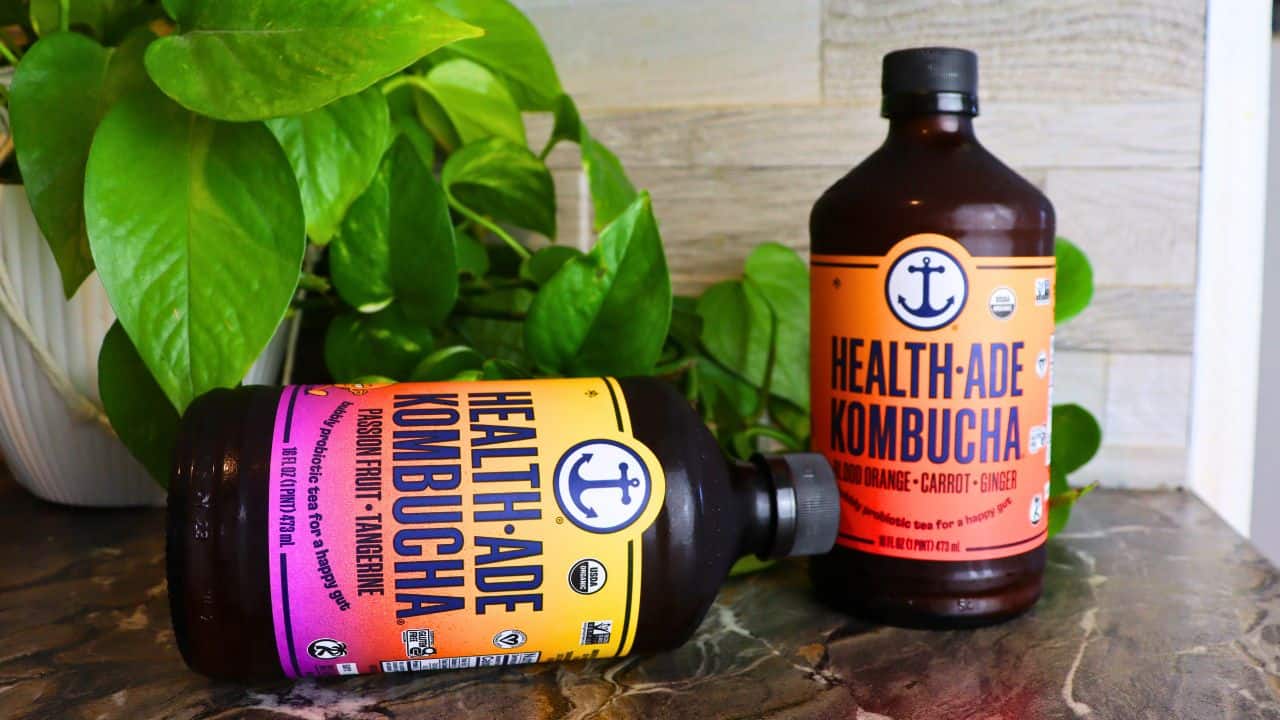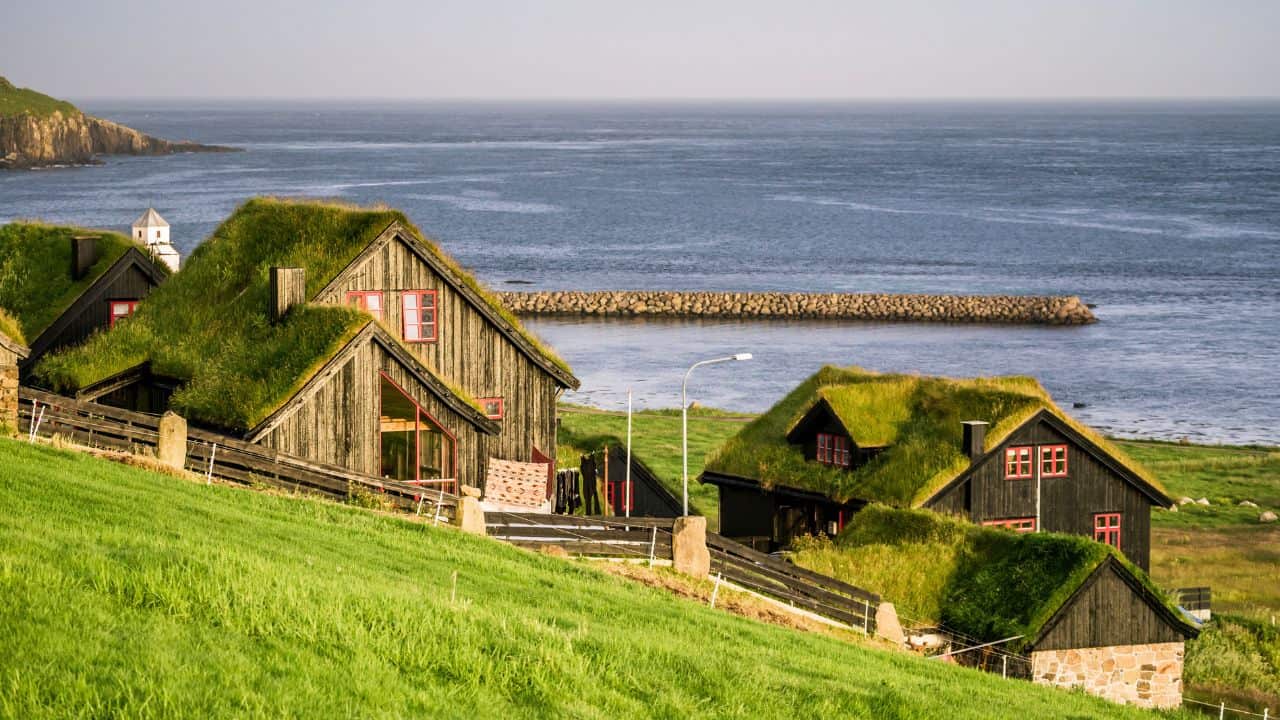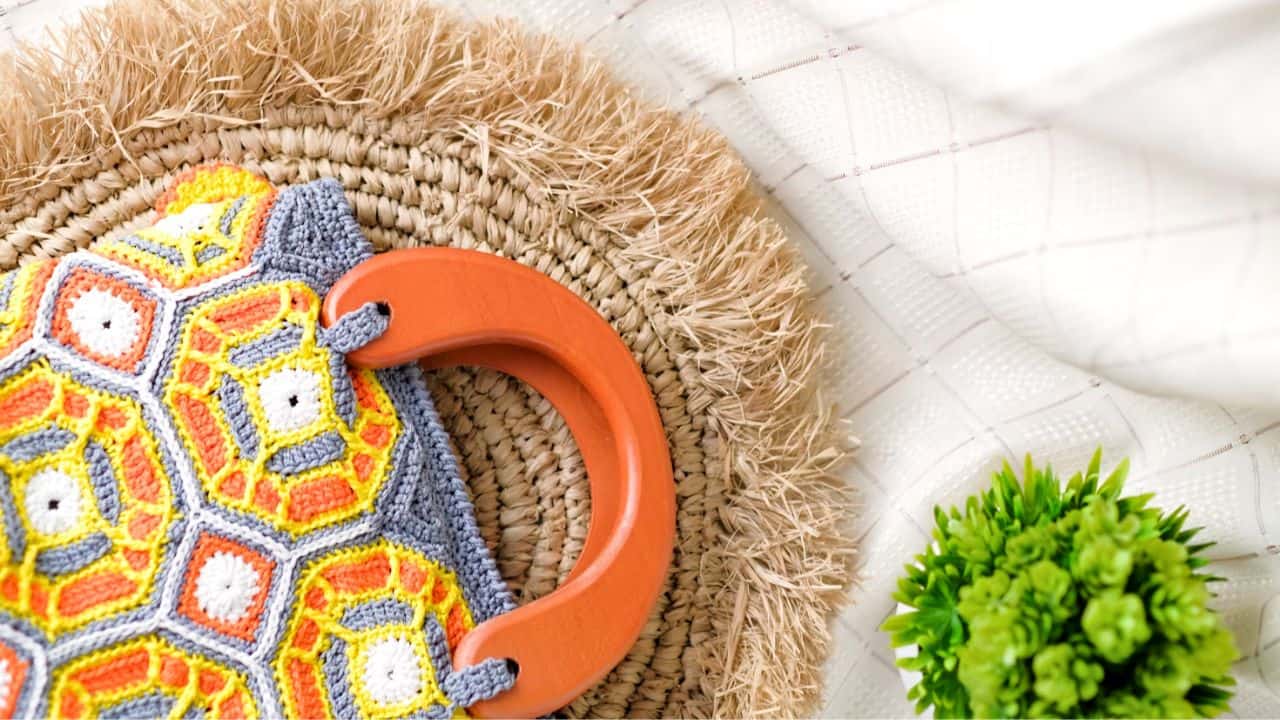Many fashion brands claim that their wool items are biodegradable. Wool in its pure form is a natural product, so it makes sense.
However, there’s one small but vital detail often left off labels that turns this once biodegradable fibre into pollution. Synthetic oil.

For Babs Behan, wool isn’t biodegradable unless it follows the circular soil-to-soil textile system with rigorous attention to every stage of production.
It’s a system that is better for people, planet and animals too.
pebble sat down with Babs to talk about why synthetic oil is used in production and how her cashmere scarf brand Botanical Inks ensures that all wool stays 100% biodegradable.

Soil to soil
“Our Bristol Cloth project is a working example of a re-localised soil-to-soil textile system in the UK.
The Bristol Cloth make fabric and scarves which are composed of entirely natural ingredients which are safe to grow, use, wash and eventually return to the soil and compost as biological nutrients.
There’s a lot of chat about biodegradability these days in the textiles and fashion sector. Because everything we make returns to the soil as either food or poison.
And a lot of greenwashing,” she explains.
“We wanted to be extremely thorough and purist, making something that is totally free from any toxic synthetic chemicals or petro chemicals. This meant getting really interested in every single process in the production cycle.
The farming, scouring, carding, spinning, dyeing, weaving, finishing and cutting.
Every stage of making cloth involves washing of some sort and we were conscious to communicate the importance of using natural, organic soaps rather than standard detergents with every supplier or mill we worked with.”


The hidden ingredient used on fleece
“Through working closely with the spinning mill, we learned that a synthetic spinning oil is usually added to the fleece to make it easier to spin, which helps the fleece pass through the machines without breaking, taking much less time on the machine.
Our spinner, Paul, is so skilled and confident at what he does that he was happy to satisfy my request to not use spinning oil at all, and simply take a longer amount of time to spin the fleece without any oil to help.
This may seem like a small issue, but it’s one that is so commonly overlooked and not even mentioned in production of most woollen items.
Cosy Up: 10 Ethical Knitwear Brands To Invest In This Year

Babs continues,” We wanted to shine a light on this and help people – producers, designers and customers, become more aware of the hidden ingredients in their clothing and fabrics.
Things like this are never listed on the composition labels and were not even mentioned in the ordering processes.
I only became aware of the oil texture of the yarn from placing an order and having to send it back as I didn’t want to work with an oily yarn.”

Detox every stage of production
“For me, it makes little sense to be going to the effort of using wool that is farmed without the use of synthetic spray, using a non-toxic natural dye process and simple natural soap and water finishing, to then have a synthetic oil placed on the fibre halfway through the process.
It simply would not be honest to call the product biodegradable if that had happened.”

“It’s an heirloom piece that will last for many lifetimes, BUT not for an eternity”
“I believe so many producers are calling products biodegradable these days, even though they have been processed with synthetic petro-chemical dyes, finishers and spinning oils.
Every stage of our production has been considered and detoxed to make sure that our finished product is in alignment with the strict requirements for a fibreshed model and a biodegradable item,” she says.
Are Our Clothes A Plastic Catastrophe?


Biodegradable cashmere scarves
“We use local Exmoor farmed English cashmere fibre, which is holistically farmed to improve the ecology of the local landscape and encourages the return of native wildflowers and rare butterflies.
It’s hand combed to create higher welfare for the goats, and dyed with organic indigo blue and madder root pink over the natural unbleached ecru fleece colour.”

“We are is proud that it’s farmed, spun, naturally dyed, woven and finished all within the UK, never leaving these shores and 100% biodegradable.
It’s an heirloom piece that will last for many lifetimes, BUT not for an eternity.”
The scarves are now available to purchase from Botanical Inks. Babs Behan is the author of Botanical Inks Plant-To-Print Dyes, Techniques and Projects










